Where Do Crows Sleep?
Learn more about crows' habits and habitat
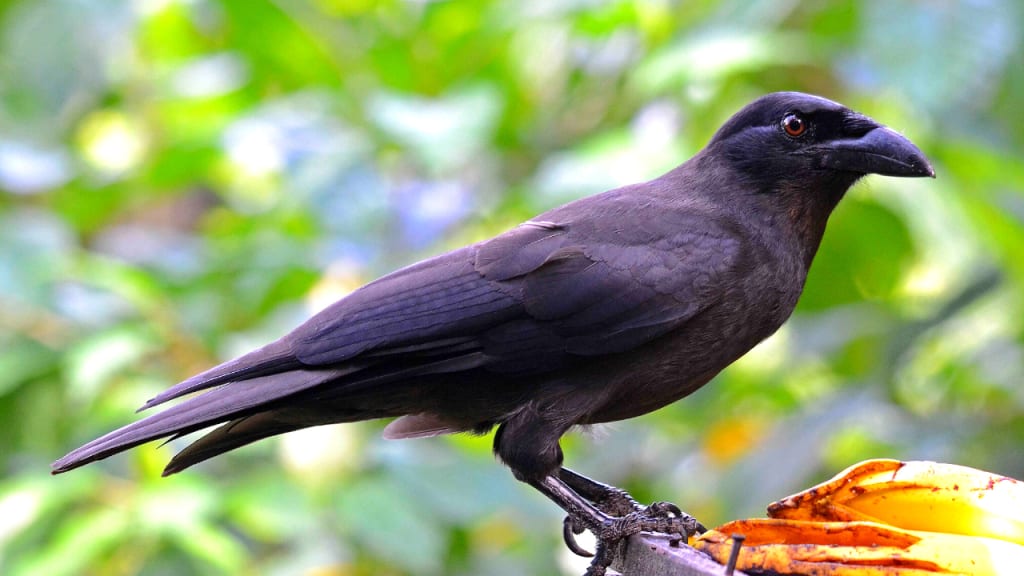
Crows are known for being intelligent, curious birds. But have you ever wondered where they sleep?
Do they sleep in the trees as many people think, or do they have some other place that they prefer? Do they sleep in their nests? Keep reading to find out where crows really sleep!
Where Do Crows Sleep?
It's no secret that birds are some of the best nappers around. Just think about it - when was the last time you saw a bird taking a nap in an open field? More likely, you've seen them dozing in a tree, perched atop a branch with their head tucked neatly under their wing.
And crows are no exception to this rule. These clever birds are known to take naps while perched on branches, safe from any predators that might be lurking below. Not only that, but crows also have the unique ability to sleep in cities.
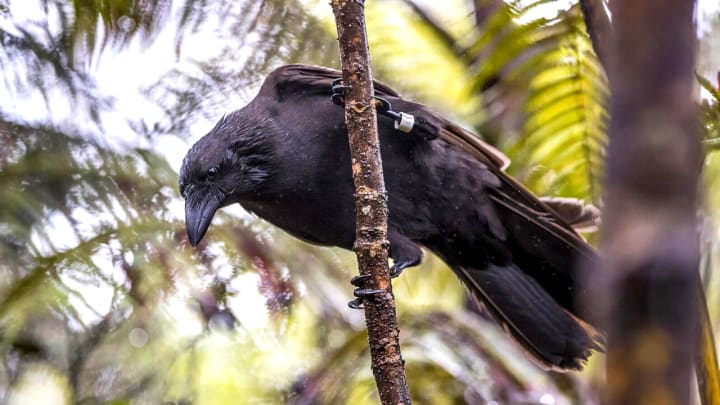
Whether it's a window sill, ledge, or building side, these birds are not picky when it comes to finding the perfect spot for a little shut-eye.
How Do Crows Choose the Right Sleeping Spot?
Crows are notoriously savvy birds, and they use this intelligence to help them survive in the wild. One of the ways they do this is by carefully selecting the best location to roost at night. There are a few factors that crows consider when selecting the best sleeping spot.
Disturbance
If you've ever been startled awake by a sudden noise in the middle of the night, you know it's not a pleasant feeling. Your heart races, your pulse pounds, and you may even find yourself gasping for breath. It's an instinctive response that's meant to help us deal with potential threats, but it can also be pretty disorienting.
Crows are no strangers to this feeling, as they're often woken up by noises in the night. In fact, it's one of the main reasons they prefer to roost in calm, quiet places. After all, being constantly on edge is exhausting, and it's difficult to get a good night's sleep when you're constantly jumping at every little sound.
Predators
Crows are notoriously intelligent birds, and they have evolved a variety of strategies to stay safe from predators. One of the most important things they do is choose a good roosting spot at night.
Crows prefer to roost in groups, and they are always on the lookout for a place that will offer them good protection. Trees are usually the best option, as they provide cover from above and make it more difficult for predators to approach undetected.
Crows will also avoid roosting near the ground, as this makes them more vulnerable to attack from cats and dogs. In other words, crows are very careful about where they spend their nights - and for good reason. After all, it's no fun being someone's dinner.
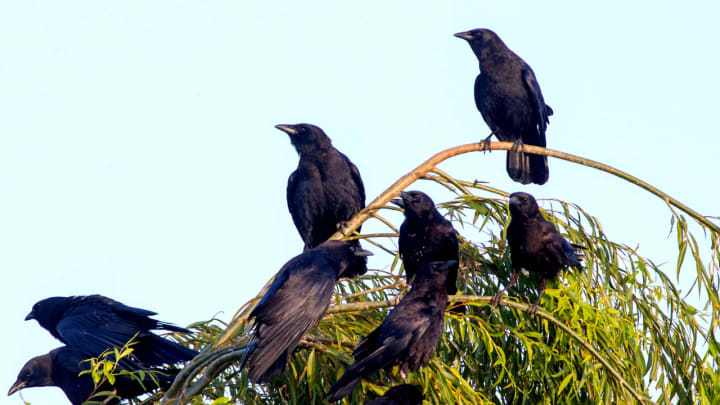
Good Viewing Point
When it comes to detecting predators, crows know that a good viewing point is key. After all, they don't want to be caught unawares by potential danger.
That's why, when crows roost at night, they try to find a spot with a good view of their surroundings. That way, they can keep an eye out for any potential threats. And if they do spot a predator, they can make a quick getaway.
Of course, not all predators are so easily deterred. But it's better to have a good view of them than not. After all, even the strongest crow can't take on a predator alone.
Quick Reaction
Being on the lookout for predators is a full-time job for crows. As a result, they prefer to roost in locations that offer a quick escape route. This means that their roosting spots are often in high places or near the edge of a forest.
While having a group of crows roosting together may seem like an invitation for predators, it actually provides protection. If a predator does attack, the crows can defend themselves and quickly escape to safety.
What Time Do Crows Go To Sleep And Wake Up?
Crows are creatures of habit. They typically sleep in the late afternoon (at dusk) and then wake up early in the morning (at dawn). Most crows sleep from shortly after sunset to shortly before sunrise, depending on the length of the day.
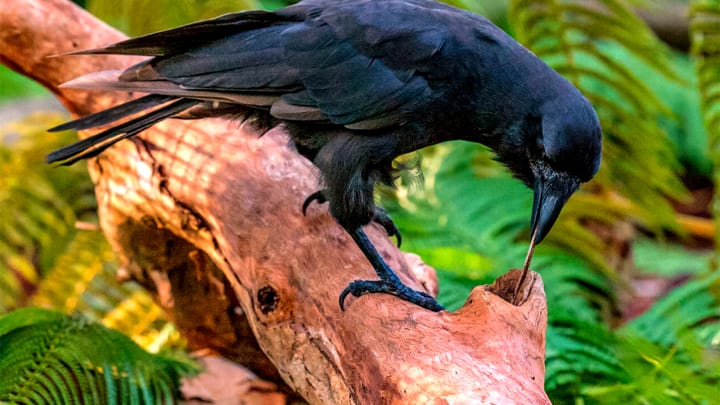
However, crows in cities and towns can go to their roosting sites even after 10 p.m. because lights are present until late at night. Crows may also awaken long before sunrise if a predator approaches.
Furthermore, baby crows stay awake for no apparent reason. All of this goes to show that crows are flexible creatures that can adapt to their environment.
Summary
Crows can sleep pretty much anywhere they want as long as they feel safe and comfortable. It will be interesting to see if any more research is conducted on crow sleep habits in the future, and whether or not we learn anything new about these fascinating creatures.
In the meantime, keep your eyes peeled for crows taking a nap near you – it may just be the best show around!




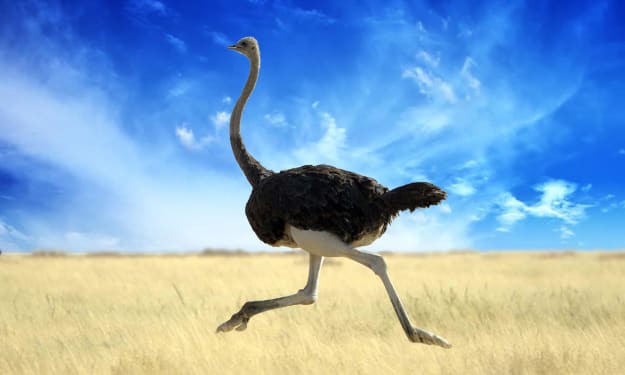

Comments
There are no comments for this story
Be the first to respond and start the conversation.